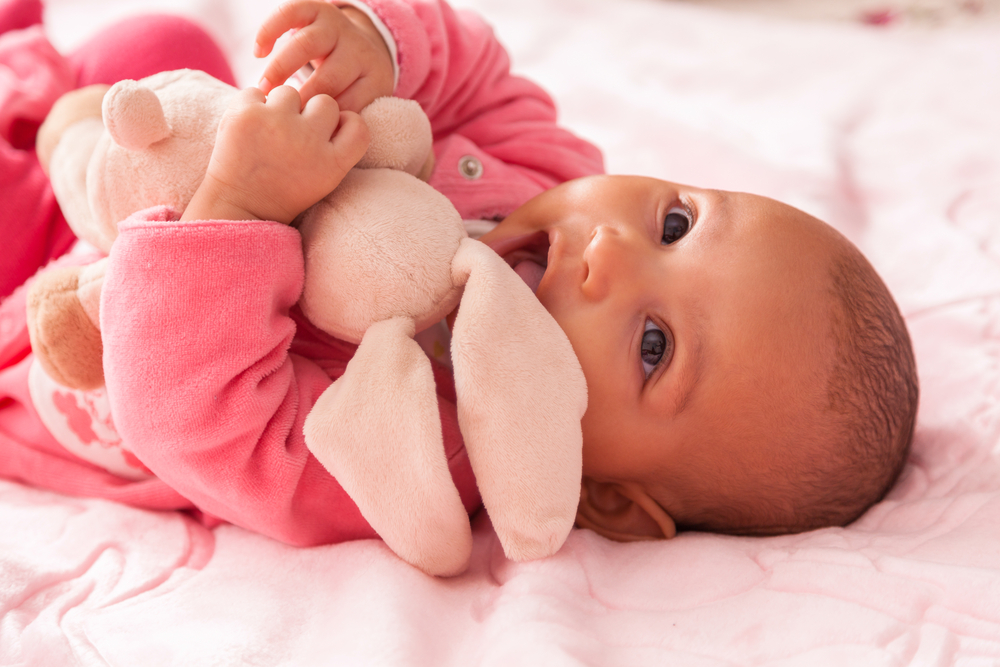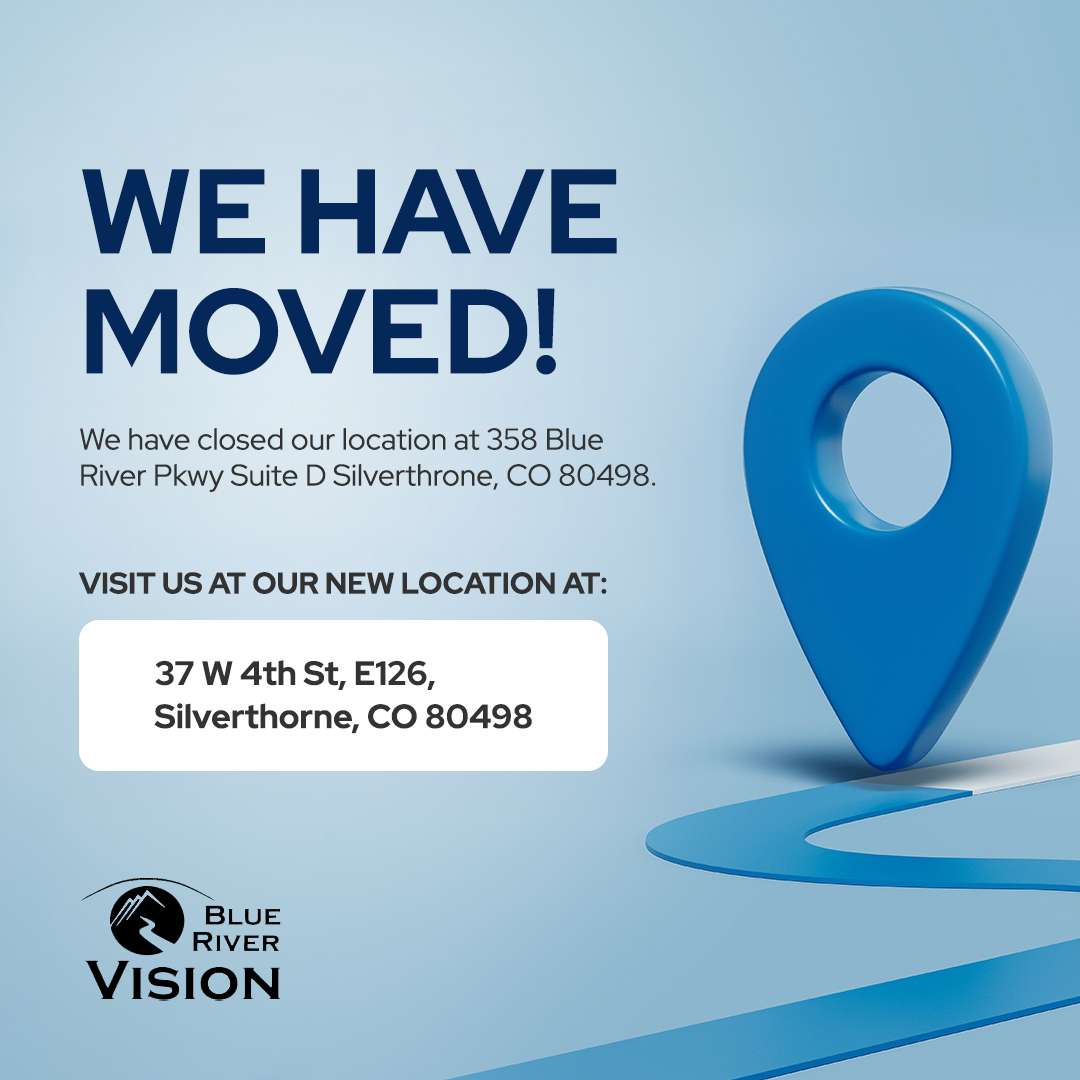
Pediatric eye care is something that every parent should give as much importance to as getting shots or starting school. It is the best way to ensure eye problems are appropriately dealt with at an early stage. But as your infant cannot read an eye chart, you might be wondering how your eye doctor will conduct your little one’s first eye exam. Here are a few insights on what to expect.
Evaluating Family History
The first step the eye doctor will take is to check your family history. This will help them determine if there is a background of eye diseases to look out for in your little one.
Having such information makes it easier for your eye doctor to deal with issues that could impede your baby’s vision development. Also, you should get the birth family history if you adopted your baby.
Eye Movement Analysis
After this, your eye specialist will analyze your child’s eye movement. To do so, they might ask you to bring an object that attracts your baby’s attention, such as their favorite toy. While a penlight is the standard tool for checking eye movement in adults, for children, it is different. They must use something the infant is interested in. As they follow the object, the eye doctor can conclusively determine how well your child’s focus is.
Signs of Disease or Allergies
During your baby’s first eye exam, the eye doctor will also check for signs of eye diseases or allergies. Your pediatric eye doctor normally uses a penlight to look for signs of infection or injury.
They will also be on the lookout for any form of discharge from the eyes. The first eye exam also presents the perfect opportunity to examine whether your little one has any eye allergies. Your eye doctor will examine your infant’s eye structure while analyzing the eyes’ reaction to any light.
Signs Your Child Needs an Immediate Eye Exam
There are a few signs that you should note in your baby’s eyes. Once you observe the following signs, take your baby for an eye exam as soon as possible.
Nystagmus - This is when your baby’s eyes tend to wiggle or jump around long after their first three months.
Strabismus - This is when their eyes do not align or move together.
Development Issues - Any sign that looks suspicious and can cause vision problems.
Injury - Any physical change or injury to your baby’s eyes.
Visit the Right Eye Doctor
Pediatricians and family doctors have a basic understanding of eye care. They have the proper equipment to diagnose and treat minor eye issues and infections. However, it is always advisable to take your baby to a qualified doctor, especially for their first eye exam, to get more comprehensive results.
For more on what to expect at your infant's first eye exam, visit Blue River Vision at our office in Silverthorne, Colorado. You can also call (970) 451-0015 today to schedule an appointment.





